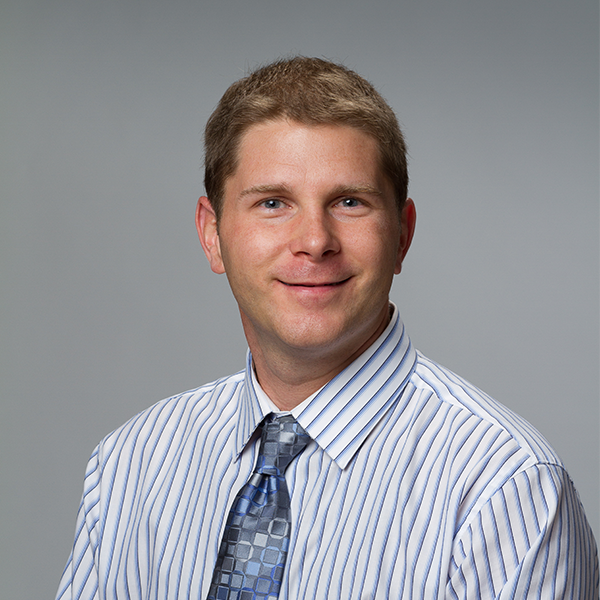Brian Cook (MS ’06, Ph.D. ’10)
Working to address exercise and movement in eating disorders

Brian Cook, MSAPK ’06, PH.D. ’10, earned a master’s and doctorate degree in the Department of Applied Physiology and Kinesiology. His career includes serving in leadership at a nation-wide eating disorder clinic focused on movement, research and outcomes.
Q & A With Brian
What are you currently working on?
Most recently, I worked at an eating disorders treatment center with locations across the nation. My primary responsibilities were to implement a clinical treatment program that addressed exercise and movement in eating disorders, evaluate clinical outcomes for all areas of the treatment model, and conduct research with the clinical data.
What do you consider to be your greatest professional achievement (so far)?
Developing and translating an original line of research into clinical practice that can help people. Estimates are that approximately 30 million people in the U.S. will suffer from an eating disorder at some point in their life. This prevalence is also increasing. About half of those people use exercise in a way that worsens their eating disorder. The consequences include reduced quality of life, severe comorbidities (e.g., anxiety, trauma, depression, etc.), physical impairments, increased risk for suicide and self harm, cardiac complications, and death.
When I got to UF I wanted to work on these issues. At that time (in 2003), there was very little research or effective clinical practices for individuals with eating disorders that use exercise. The work I began at HHP first identified a problem, began to understand the mechanisms of that problem, and over time I have translated this into clinical approaches and disseminated this line of research into practice.
My greatest professional achievement has been seeing how this translation of research into practice has impacted lives. I’m incredibly humbled by clients that have pulled me aside before they discharge and tell me that this aspect of care is what they needed, what other treatment centers have not provided, and it has made the difference in saving their life.